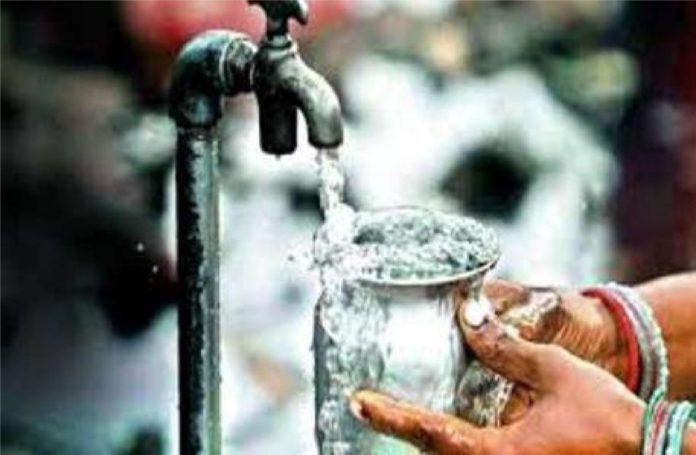New Delhi (NVI): The Jal Jeevan Mission (JJM) and the Department of Promotion of Industry and Internal Trade have launched an innovation challenge to develop portable devices for water testing.
The main objective of the exercise is to bring an innovative, modular, and cost-effective solution to develop portable devices that can be used at the household level to test the drinking water quality instantly, easily and accurately, according to a statement released by Ministry of Jal Shakti.
Startups, individual innovators, MSMEs and corporates can participate in the innovation challenge, open till January 18.
The contest would be for three types of devices— One that is capable of checking 13 water quality parameters including pH, total dissolved solids, turbidity, total alkalinity, bacterial contamination and the presence of many other material contaminants, the other will be for checking microbial contamination and the third for a device that can test one or more parameters.
The results would be announced on April 1, 2021.
While there would not be any cash incentive, the selected innovations will be hand-held for further support and deployment opportunities.
The JJM is a national mission launched to provide potable water on tap to every household by 2024.
Water quality testing is one of the priority areas under Jal Jeevan Mission, the flagship programme of Union Government. The aim of the innovation challenge is to ensure that water sources are tested at various locations, at different levels; thereby, helping the policy framers to design programs which address the water contamination issues.
So far, 2.90 crore households have been provided tap water connections since the inception of the scheme, thus increasing the tap water supply from 3.23 crore (17%) in August, 2019 to 6.13 crore (32%) rural households of the country.
Furthermore, every household in 20 districts, 425 blocks, 34 thousand Gram Panchayats and 64 thousand villages of the country now have access to tap water connection.
People receiving piped water supply in their homes do not have any means to test the potability of water coming from their taps. This leads to a situation wherein, quite often, people are reluctant to consume tap water directly.
People in urban areas also end up installing household water treatment units incurring additional expenditure. The challenge aims to address these issues in an innovative, modular and cost-effective manner.
-CHK








